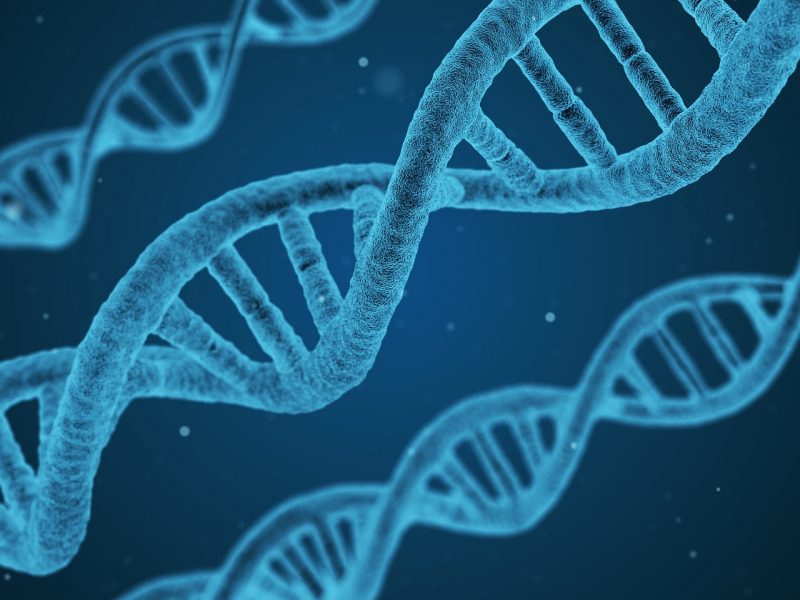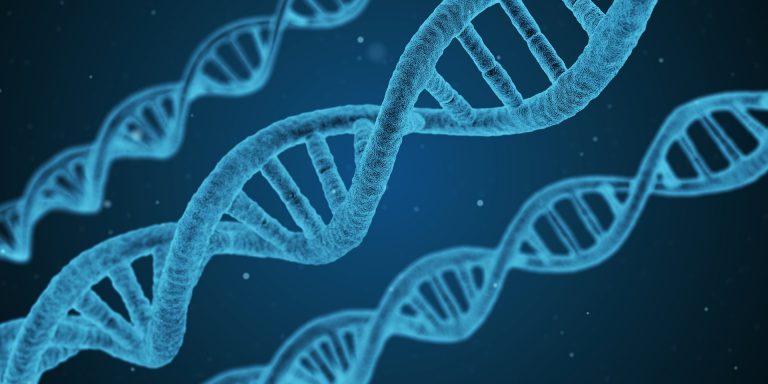You might have seen news stories about gene silencing, and how the NHS has agreed to fund it as a treatment for a condition called amyloidosis.
Gene silencing is very different to gene therapy and gene editing, and it’s something lots of people won’t have heard of. We know that any genetic treatment is of interest to families affected by Duchenne so we’ve put together this article to explain what gene silencing does and whether or not it could be a useful therapy to explore for Duchenne.
What is gene silencing?
Each gene carries a blueprint for a single protein. For example, the dystrophin gene holds the instructions a cell needs to produce a dystrophin protein. Gene silencing works exactly how its name suggests, and prevents a cell making a protein from the instructions in a gene.
The process is very very specific and is widely used in laboratories when researchers might want to stop a single protein being produced in cells grown in a plastic dish. But now, the technology is also being translated to the clinic.
But what about Duchenne?
Gene silencing can only be used to stop a protein being produced, so it’s mainly being developed for conditions where production of a damaged or incorrect protein causes the condition. Duchenne is caused by an absence of the dystrophin protein, so gene silencing won’t be able to help directly.
However, gene silencing might be able to help in other ways. Researchers are starting to find so-called modifier genes that can change the speed at which Duchenne progresses. It’s possible that gene silencing could be used to turn off those genes, although that will be a long way off.
Before any potential treatment could be tested in the clinic, extensive preclinical work in cell and animal models would need to be completed to investigate potential side-effects – because the gene and it’s protein might be absolutely vital in some tissues and organs.
Can gene silencing change how genes are read?
Yes, gene silencing can be used to change how genes are read. And while it might be hypothetically possible to use gene silencing to influence how the dystrophin gene is read inside cells, it would be incredibly difficult.
Reading a gene and joining the exons (the pieces of DNA that make up the gene) together requires lots of proteins that do very specific jobs. If removing one of those proteins could increase natural exon skipping for example (where a cell can produce a low level of dystrophin protein) then silencing the gene for that protein might be useful.
However, it would be very, very challenging and maybe even impossible to change how the dystrophin gene is read without affecting other genes. Since many proteins are vital to the survival of a cell, that could do far more damage than good to a cell.
If you have any questions, please get in touch with neil@actionduchenne.org




